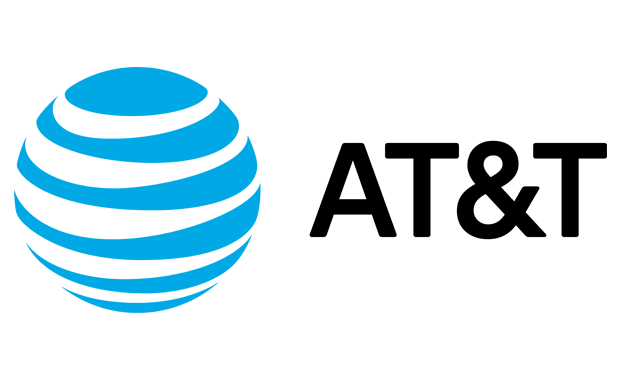Robocalls. I hate ’em. You hate ’em. I had 7 yesterday despite having AT&T’s Call Protect app installed on my phone. That’s a lot better than the 30 a day I used to get, of course. I had to stop while writing this article to answer another.
But, that may all be changing, slowly. Engadget reports that AT&T and T-Mobile are cooperating on an initiative which should significantly reduce robocalls. This system may not be perfect but it is definitely going to make a difference now that two of the big carriers are going to do it together
STIR/SHAKEN is a dumb name but a good idea
The technology is called STIR/SHAKEN (or sometimes SHAKEN/STIR.) This is a perfect example of how someone came up with an acronym and then created a tortured way to support it. Supposedly it stands for STIR (Secure Telephony Identity Revisited) and SHAKEN (Secure Handling of Asserted information using toKENs) But whatever. It’s a good idea no matter what they call it.
With STIR/SHAKEN, each cell company creates a certificate, similar to the kind of certificates that web sites use. When the call is made, the certificate comes along. In this way you can tell if the call is really coming from the number it says it is. If it’s not, the call could potentially be blocked.
AT&T will be cooperating with T-Mobile to share STIR/SHAKEN data between their networks. This will mean that robocallers won’t be able to use numbers registered to AT&T or T-Mobile when they call you. If they do, they’ll be marked as robocalls.
Will this end robocalls?
This will definitely not end robocalls, but it is a step in the right direction. When all national networks implement STIR/SHAKEN sharing, it still won’t end robocalls, but it’s going to make them a lot easier to identify. Eventually, the volume of these calls will go down.
It remains to be seen if this protocol will end up as part of landline phones as well. You may not have one anymore, but a lot of people do and without the sophisticated call-blocking apps out there, land lines are prime targets for robocallers and practically nothing is done about it. Ask your mom or favorite uncle how many robocalls they get on their landline and you’ll realize the extent of the problem.
An unintended consequence
This action may end up hurting smaller carriers like the proposed DISH wireless service and prepaid SIM card providers. Google Voice, Skype, and Whatsapp will also be left out of this plan for now, meaning that calls made with those services may be mistaken for robocalls far more often.
There’s no clear path right now which would stop all robocalls, but this is at least a step in the right direction. I think eventually we’ll see this sort of authentication process with all voice calls on all voice carriers and that will more or less handle the robocall issue. And then we can get back to ignoring calls from people we legitimately know.





